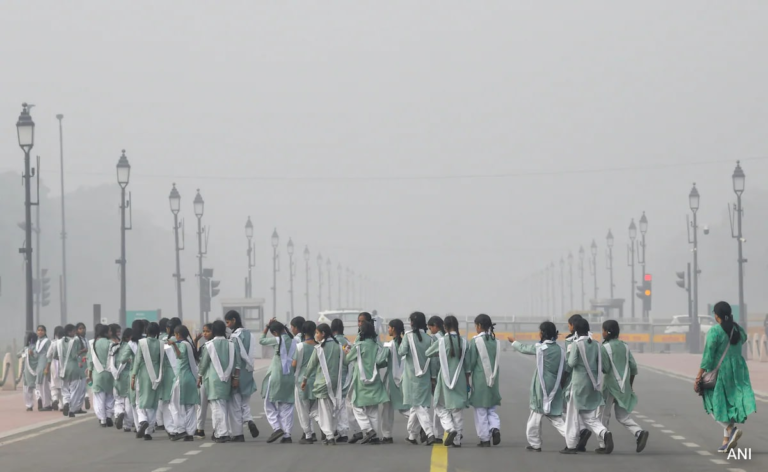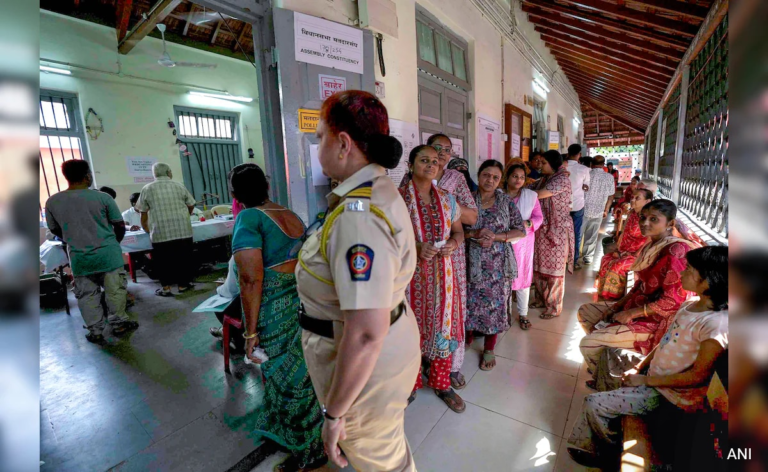
The United Nations’ theme for International Women’s Day (observed March 8) is “Invest in Women: Accelerate Progress”. Among political parties in India, a consensus along these lines seems to be taking root. Cash support for women, among other benefits, has become a necessary poll plank for parties. The Delhi Budget announcement of such a handout to those whose incomes are below the taxable threshold was in the vein of guarantees being implemented in Telangana and Karnataka. The Bharatiya Janata Party (BJP), the Congress, and a host of other parties made similar promises in key states in the last round of assembly elections. Apart from cash support, free bus travel can be availed in Delhi, Karnataka, Tamil Nadu, Telangana and Punjab. Some states are offering gas subsidies, given over the benefits under the Centre’s Ujjwala Yojana. And the Trinamool Congress (TMC) government in Bengal has just announced higher honoraria for Asha and Anganwadi workers. Indeed, Mamata Banerjee’s TMC and the AIADMK under Jayalalithaa have been pioneers of women-centric welfare. At the national level, the BJP has preferred more spectacular offers through its Nari Shakti messaging that dovetails benefits, women-centric legislation including reservation for women in Parliament, and credit mobilisation to women’s collectives.

The United Nations’ theme for International Women’s Day (observed March 8) is “Invest in Women: Accelerate Progress”. Among political parties in India, a consensus along these lines seems to be taking root. Cash support for women, among other benefits, has become a necessary poll plank for parties. The Delhi Budget announcement of such a handout to those whose incomes are below the taxable threshold was in the vein of guarantees being implemented in Telangana and Karnataka. The Bharatiya Janata Party (BJP), the Congress, and a host of other parties made similar promises in key states in the last round of assembly elections. Apart from cash support, free bus travel can be availed in Delhi, Karnataka, Tamil Nadu, Telangana and Punjab. Some states are offering gas subsidies, given over the benefits under the Centre’s Ujjwala Yojana. And the Trinamool Congress (TMC) government in Bengal has just announced higher honoraria for Asha and Anganwadi workers. Indeed, Mamata Banerjee’s TMC and the AIADMK under Jayalalithaa have been pioneers of women-centric welfare. At the national level, the BJP has preferred more spectacular offers through its Nari Shakti messaging that dovetails benefits, women-centric legislation including reservation for women in Parliament, and credit mobilisation to women’s collectives.
This well-curated focus on women as economic entities signals that parties are recognising them as a political constituency. Indeed, PM Narendra Modi’s positioning of women as one of the four new “castes” — the others being poor, youth, and farmers — draws more from realpolitik than any professed ideology. Women do form a significant chunk of the labhaarthi varg (beneficiary class), with the laabh (benefits) bolstering their economic agency, which, to some degree, is being reaped as an electoral dividend. Data from the elections in certain states bears this out. Who the bulk of women voters chose, played a significant role in the BJP and the Congress victories in Madhya Pradesh and Telangana, respectively.
The challenge, of course, will be moving the needle towards comprehensive empowerment. To that end, social empowerment needs to be pushed in tandem with economic empowerment. Ensuring greater political representation is certainly crucial. But everyday issues also matter as much. To illustrate, policies to support women better at the workplace to drive up their workforce participation, encouraging caregiving by males through reforms in parental leave policies, and addressing the wage gap between the sexes could go a long way.
Continue reading with HT Premium Subscription
Daily E Paper I Premium Articles I Brunch E Magazine I Daily Infographics








